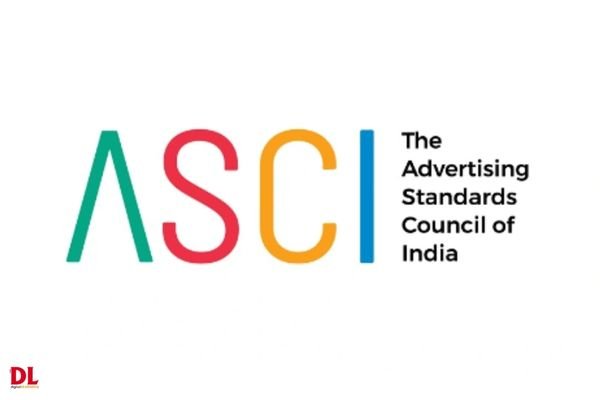In an era where consumers are increasingly inclined towards environmentally friendly products, advertisers have sought to capitalize on this trend by making ‘green’ claims. However, such claims, often referred to as ‘greenwashing,’ have caught the attention of the Advertising Standards Council of India (ASCI), prompting the self-regulatory body to introduce strict guidelines. These guidelines aim to curb misleading marketing tactics that can erode consumer trust and hinder their ability to make informed decisions.
The ASCI has observed violations across various sectors, ranging from personal care and food products to beverages, automobiles, digital devices, and the real estate industry. Manisha Kapoor, CEO and Secretary General of ASCI, highlighted that consumers, influenced by environmental considerations, often base their purchasing decisions on such claims. The move to establish comprehensive guidelines is a response to the rampant nature of these misleading assertions.
One key aspect addressed by the guidelines is the term “greenwashing,” which refers to products or services falsely portrayed as environmentally friendly. The guidelines emphasize the need for substantiated claims, ensuring that terms like “environment-friendly” or “sustainable” are backed by robust data and credible accreditations. Moreover, claims should not be diluted with disclaimers or QR codes, ensuring the transparency and authenticity of the environmentally friendly assertions.
Crucially, the guidelines require claims to explicitly state whether they apply to the entire product, packaging, service, or a specific portion. Advertisers are discouraged from making vague claims like “greener” without providing evidence and specifying the basis of comparison, whether with a previous product version or competitor offerings. Additionally, the guidelines stress that environmental claims should consider the entire lifecycle of the product or service, avoiding a narrow focus on specific aspects.
In an interesting move, the ASCI has also addressed the use of color schemes and natural imagery related to brand identity. These elements will not be considered green claims unless directly linked to a specific environmentally friendly assertion. This approach aims to prevent advertisers from subtly conveying green attributes through visual elements without explicit claims.
Carbon offset claims and biodegradability assertions are scrutinized in the guidelines as well. Advertisers making carbon offset claims must disclose if the offset occurs beyond two years, avoiding implications of reductions from legally mandated activities. Similarly, biodegradable claims must be qualified with specific details and supported by scientific evidence to ensure credibility.
The ASCI’s decision to introduce these guidelines reflects a commitment to promoting honest and transparent advertising practices, particularly in the context of environmental claims. As consumers become more discerning and environmentally conscious, the ASCI aims to prevent advertisers from exploiting this trend with misleading assertions, fostering a marketplace where consumers can trust the environmental claims made by brands. The guidelines are expected to serve as a framework for advertisers to align their practices with ethical and accurate representations of environmentally friendly products and services.
The ASCI’s stringent guidelines seek to address the growing concern of misleading ‘green’ claims in advertising, safeguarding consumer trust and ensuring that environmental considerations play a genuine role in consumers’ decision-making processes. Advertisers are now urged to adhere to these guidelines to maintain credibility and foster a marketplace that prioritizes transparency and authenticity in environmental claims.
